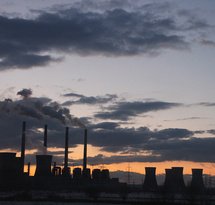
The Dutch pension fund, ABP, invested about two billion euros more in the fossil energy industry at the end of 2016 than the year before. This is announced by the report "Dirty & Dangerous: the fossil fuel investments of Dutch pension fund ABP," published today by Both ENDS, German urgewald and Fossielvrij NL. The report criticizes these investments because of the impact on the climate and the catastrophic consequences for the people in the areas where coal, oil and gas are being produced.
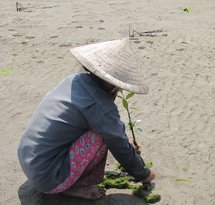
Local organisations and groups must be given access to climate finance from the Green Climate Fund. They know exactly what is happening in their local context and what is required for climate adaptation.
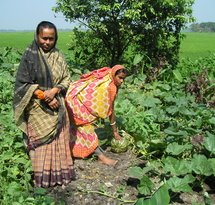
Agroecology is a diverse set of agricultural practices, a field of science and a social movement. It aims to transform food systems towards greater ecological sustainability, social justice, and resilience. Both ENDS and CSO-partners around the world support farmers and pastoralists practising agroecology, both on the ground and in gathering political and financial support.
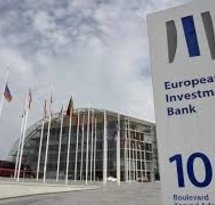
The European Investment Bank EIB should get rid of its gas-investments, and the Netherlands can take the lead in this. The Netherlands appears to be relying less and less on gas in its energy policy, and also seems to focus on gas-free investments at the EIB. Now it is important to maintain this position and also convince the other EU countries.
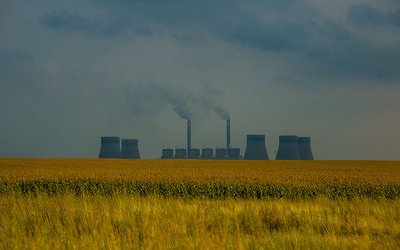
Pension funds have a lot of influence because of their enormous assets. Both ENDS therefore wants pension funds such as the Dutch ABP to withdraw their investments from the fossil industry and to invest sustainably instead.
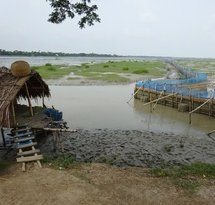
An increasing number of stakeholders in the Dutch water sector are acknowledging the importance of an inclusive approach to climate adaptation. However, where our knowledge institutes and companies are involved in delta plans and master plans, as in Bangladesh and the Philippines, this approach is proving difficult to apply in practice. Taking local realities, vulnerabilities and inequalities – such as those between men and women – as a starting point is essential for good plans that give everyone the opportunity to adapt to climate change.
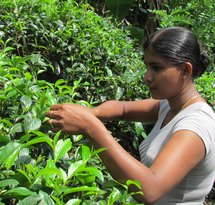
Rich Forests promotes a sustainable and future-proof production system and supports, among other things, the transformation of degraded land into food forests. With this, people provide for their livelihood, increase their income and at the same time restore soil and biodiversity.
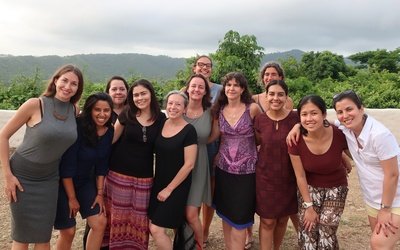
Almost five years ago, the Global Alliance for Green and Gender Action (GAGGA) started its journey to bring together the often still quite separate worlds of environmental justice organisations and the women's rights movement. At Both ENDS, Annelieke Douma and Tamara Mohr have been coordinating the GAGGA programme. Together they look back at five years of learning, connecting and enjoying the fruits of this innovative programme.